Mozambique: Chapo meets with ALBIMOZ representative
Mozambique: Stability ‘gradually returns’ to Cabo Delgado – PM
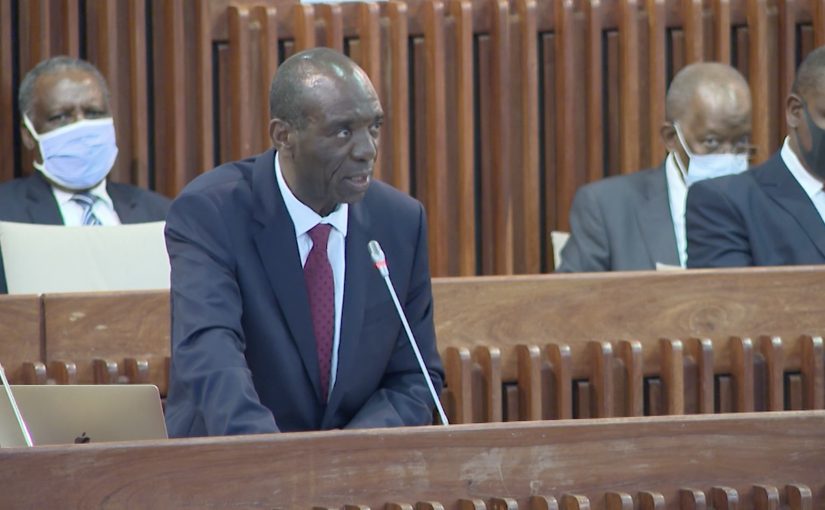
Photo: TVM
Mozambique’s prime minister, Carlos Agostinho do Rosário, on Wednesday said that stability is gradually returning to the province of Cabo Delgado, in northern Mozambique, but acknowledged that the impact of terrorism persists in the region.
“Concerning the fight against terrorism, there is a trend of the gradual return of stability and public safety in the province of Cabo Delgado, thanks to the bravery of the Defence and Security Forces,” Agostinho do Rosário said.
Agostinho do Rosário made this assessment during the opening speech of the government’s information session to parliament, which is being held on Wednesday and Thursday in parliament.
“To the Defence and Security Forces we address a vibrant salute for the sacrifice and selfless delivery in the defence of the population, territorial integrity and guarantee of public tranquillity and security,” he said.
Despite pointing to progress, he acknowledged that Cabo Delgado continues to be plagued by the action of armed groups.
“We continue to face terrorism in Cabo Delgado,” he said.
Agostinho do Rosário said that the government would continue to strengthen the operational capacity of the Defence and Security Forces.
On the security front, Rosário said, the actions of the Military Junta, an armed dissidence of the Mozambican National Resistance (Renamo), were causing instability in the provinces of Sofala and Manica, in the centre of the country.
The prime minister said that insecurity has added to the Covid-19 pandemic and natural disasters, aggravating the country’s situation, leading to a contraction of the economy.
“The combination of these adversities, especially the impacts of Covid-19, have meant that, for the first time in recent years, our economy shrank 1.3%, against a growth of 2.2% recorded in 2019,” Carlos Agostinho do Rosario said.
The armed violence in Cabo Delgado, where the largest private multinational investment in Africa is taking place, for the exploration of natural gas, is causing a humanitarian crisis with more than 2,000 dead and 670,000 people displaced, without housing or food.
The violence broke out in 2017, some of the incursions were claimed by the jihadist group Islamic State between June 2019 and November 2020, but the origin of the attacks remains under debate.
In the centre of the country, the self-proclaimed Junta Militar is accused of carrying out armed attacks against civilians and government forces on roads and in villages in the provinces of Sofala and Manica, central Mozambique, incursions that have led to the deaths of at least 30 people.
The group rejects the peace agreement signed in August 2019 by the Mozambican head of state, Filipe Nyusi, and the leader of the Mozambican National Resistance (Renamo), Ossufo Momade.


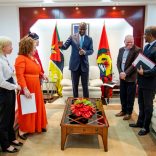
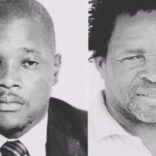
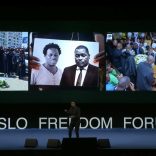
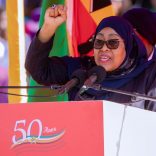






Leave a Reply
Be the First to Comment!
You must be logged in to post a comment.
You must be logged in to post a comment.